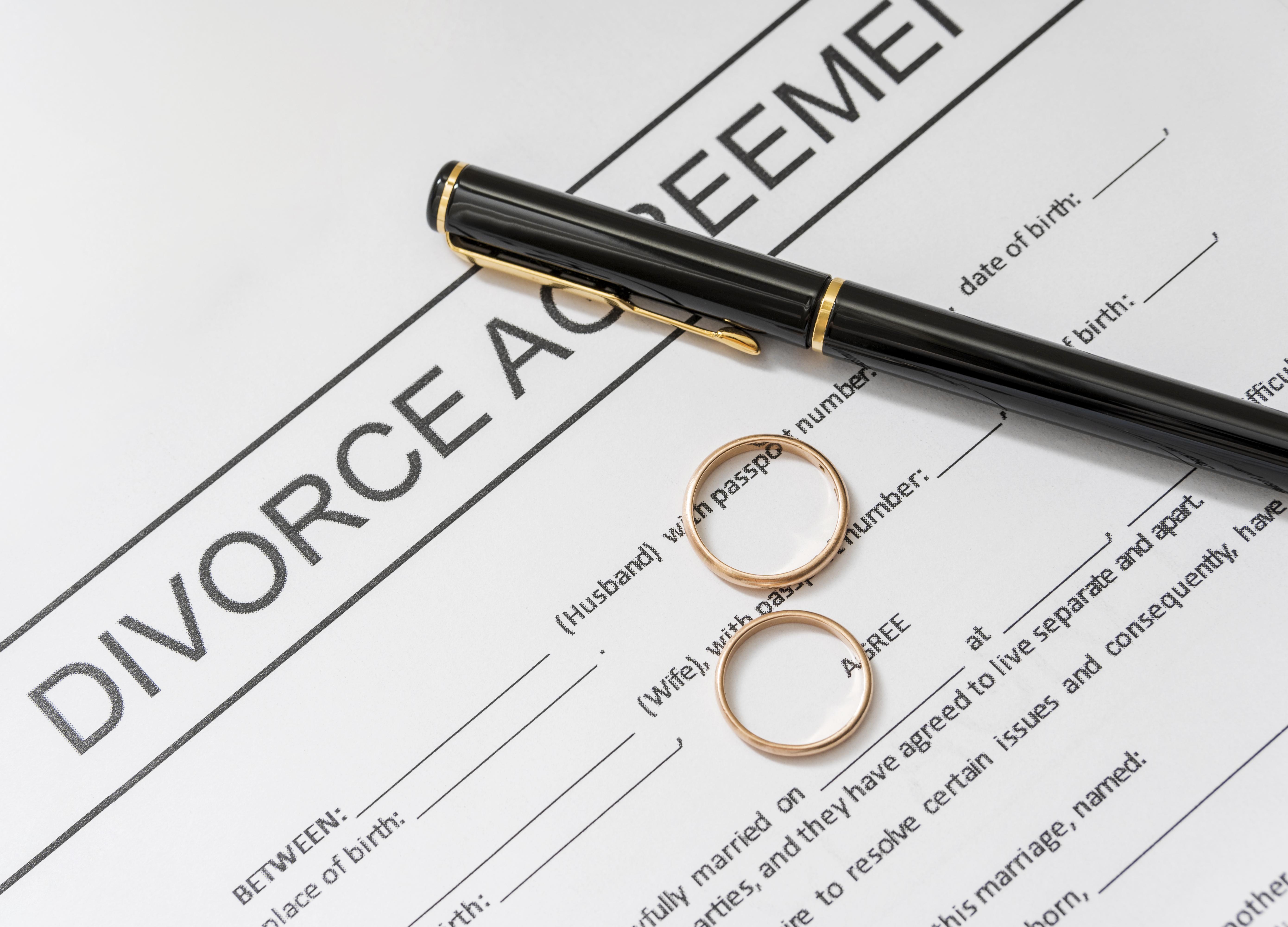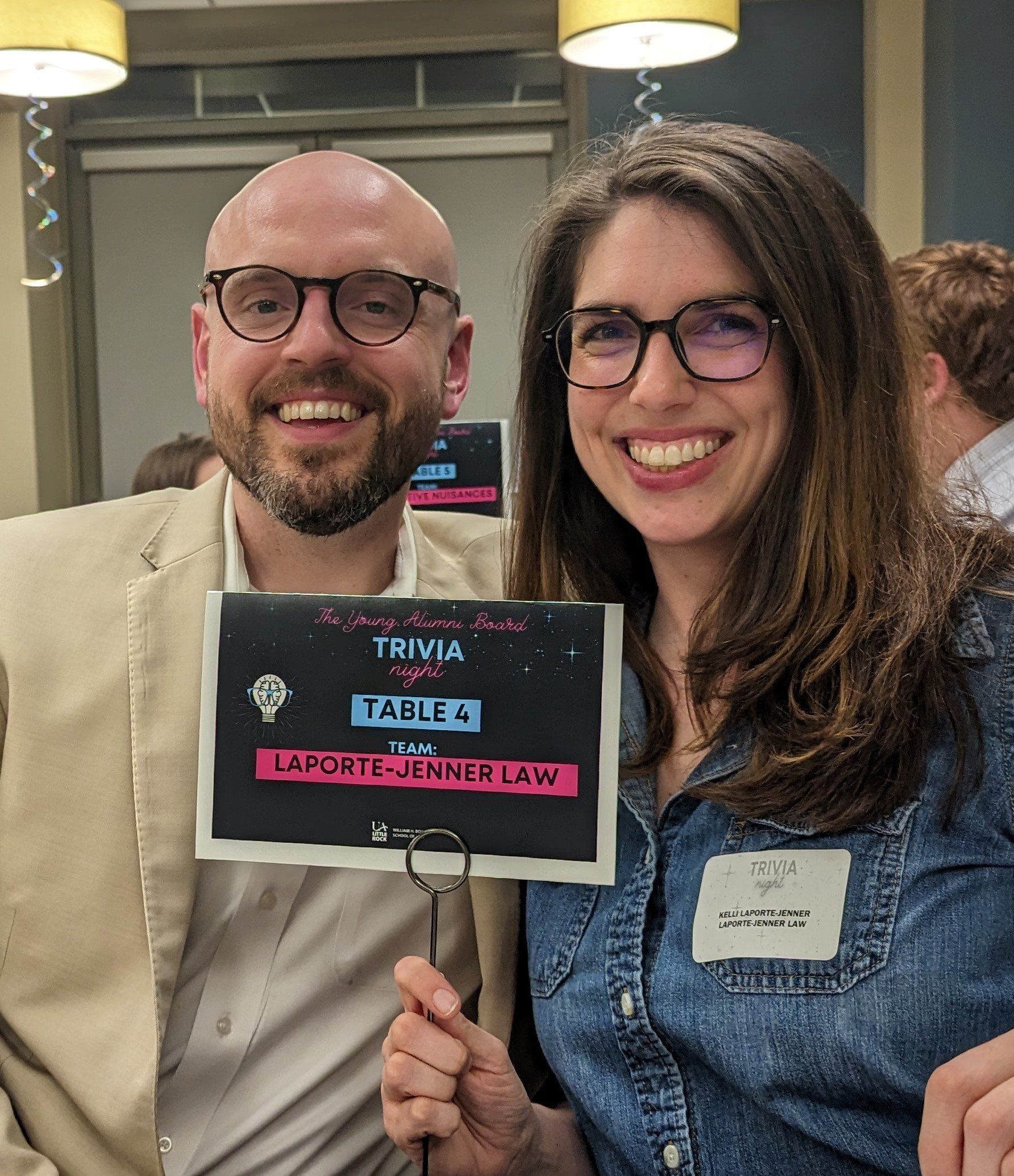Understanding Plea Bargains: Pros and Cons
Facing criminal charges can be an incredibly daunting experience. It's normal to feel stressed and uncertain, wondering about the possible outcomes of your case. One common legal route is the plea bargain, a term you might've heard in various contexts but not fully understood. This supportive guide aims to shed light on what a plea bargain entails, helping you navigate this complex decision with empathy and clarity.
Potential Benefits
1. Lighter Sentence
A significant advantage of plea deals is the potential for a reduced sentence. By pleading guilty to a single charge, you might face less jail or prison time, or even be given probation instead. This pathway can be considerably more favorable than the unpredictable fate that lies in a trial.
2. Fewer Charges
Prosecutors might agree to drop additional charges in exchange for a guilty plea to a lesser or single charge. This can be an attractive option for those hoping to mitigate the severity of the charges they face and simplify the legal matters ahead.
3. Less Uncertainty
Trials can be unpredictable and lengthy, adding to the emotional and financial strain of an already stressful situation. Plea bargains offer a more predictable resolution, allowing you to know the outcome and move forward with your life more quickly.
4. Faster Resolution
Plea bargains often expedite the legal process, minimizing the time you spend entangled in legal proceedings. This swifter resolution can ease emotional burdens and reduce legal fees, offering welcome relief amid distressing circumstances.
Potential Drawbacks
1. Permanent Record
Even if you accept a plea deal for reduced charges, a criminal conviction will appear on your permanent record. This consequence can affect many aspects of life, including employment opportunities, housing options, and more, long after the case is closed.
2. Waived Rights
Accepting a plea bargain means forfeiting several legal rights. This includes the right to a trial by jury, the ability to confront witnesses, and the option to appeal. It's vital to fully understand what rights you're relinquishing before agreeing to any plea deal.
3. Pressure to Settle
Sometimes, the fear of facing a trial can compel individuals to accept a plea deal, even if they're not guilty. Feeling pressured into such a decision can be overwhelming and could lead to agreeing to terms that don't truly reflect one's situation or innocence.
In conclusion, understanding a plea bargain's implications before making decisions is crucial. It's important to consult a qualified attorney who can offer guidance tailored to your unique circumstances. Legal experts are available to help clarify complex legal pathways and ensure you're making the most informed decision possible.
If you or someone you know is considering a plea bargain, don't hesitate to seek legal advice. Support and counsel are readily available to guide you through these challenging times. Take action and consult an attorney today to explore your options and safeguard your future.
Understanding and Preventing Conservatorship and Guardianship Abuse
February 1st is recognized as Conservatorship and Guardianship Abuse Awareness Day, a moment dedicated to shedding light on how these legal arrangements can sometimes be misused. Conservatorships...
Read more
Understanding Why January Is Known as “Divorce Month”
January often earns the nickname "Divorce Month" due to a noticeable spike in divorce filings following the festive season. Though this trend might come as a surprise, multiple factors contribute...
Read more
Safeguarding Assets for Loved Ones Who Need Extra Support
Financial planning often revolves around investments and retirement goals, but there is another essential area that deserves just as much attention: protecting the financial future of loved ones...
Read more
Estate Planning Conversations Around the Holiday Table
Nearly 55% of U.S. adults don’t have a will or estate plan in place, and when no clear plan exists, probate can consume 3–7% of an estate’s value and stretch on for months or even years. More than...
Read more
Give Thanks with an Estate Plan this Thanksgiving
As Thanksgiving approaches, our minds naturally turn to the spirit of gratitude, family warmth, and the joy of giving back. This time of year serves as a moment to reflect on all we are thankful...
Read more
7 Reasons to Revisit Your Estate Plan in October
October is National Estate Planning Month—a timely reminder to revisit and refresh your estate plans. If you drafted your estate plan years ago, believing it was set for life, you're not alone....
Read more
Child Car Safety: The Critical Check That Saves Lives
It's easy to overlook the importance of child car seat safety, yet it plays a crucial role in protecting our most precious passengers. With Child Passenger Safety Week taking place from September...
Read more
Understanding Plea Bargains: Pros and Cons
Facing criminal charges can be an incredibly daunting experience. It's normal to feel stressed and uncertain, wondering about the possible outcomes of your case. One common legal route is the plea...
Read more
Can Text Messages Be Used as Legal Evidence?
In today's digital world, texting has become as natural as breathing. Yet, for many, the thought of these digital interactions being scrutinized in a legal context can feel overwhelming. We're here...
Read more
The Divorce Process: What to Expect
Divorce is undeniably one of life's most challenging transitions. It is not only emotionally taxing but also a legal labyrinth that can feel overwhelming. However, gaining a clear understanding of...
Read more
Understanding Jurisdiction: The Key to Legal Navigation
Why Jurisdiction Matters in LawJurisdiction is a bedrock principle in the legal world, fundamentally defining a court’s ability to hear and decide on cases. A common misconception is that any court...
Read more
Legal Tips for Smooth Co-Parent Summer Vacations
Embrace Summer with Legal ReadinessSummer vacation is a thrilling time for families, and for co-parents, it presents both joyous possibilities and unique challenges. Navigating vacation plans while...
Read more
Understanding Your Rights at DUI Checkpoints
Encountering a DUI checkpoint can be a stressful experience, even for sober drivers. Knowing your rights not only reduces anxiety, but also ensures a fair interaction with law enforcement....
Read more
Legal Insights: Navigating Foster Care Responsibilities
Foster Care Awareness Month serves as a vital reminder of the critical role foster families play in providing stability and care for children in need. While fostering is profoundly rewarding, it...
Read more
Navigating Divorce: Mental Health Support in May
Mental Health Awareness Month: Navigating the Emotional Impact of DivorceMay is recognized as Mental Health Awareness Month, a time to focus on understanding and improving mental well-being. For...
Read more
Debunking Common Adoption Myths
Curiosity about adoption often comes with a mix of excitement and apprehension. It's natural to question the complexities and possibilities of welcoming a child into your family. However, myths and...
Read more
Understanding Distracted Driving Awareness Month
Understanding the Importance of Distracted Driving Awareness MonthDistracted Driving Awareness Month, observed every April, serves as a critical time to highlight the overwhelming risks associated...
Read more
Understanding Double Jeopardy: Key Protections and Exceptions
Double jeopardy is a fundamental aspect of our legal system, ensuring that individuals are not subjected to repeated trials for the same offense after an acquittal or conviction. This protection is...
Read more
IVF Considerations in the Event of Divorce
Exploring the emotional and legal complexities surrounding IVF and divorce is vital for many couples navigating family planning and divorce. This sensitive topic impacts numerous individuals,...
Read more
Safeguarding Your Credit During Divorce: Key Strategies
Divorce can be an emotionally taxing experience, but it's important not to overlook its financial implications. Protecting your credit during this transitional period is crucial to ensuring future...
Read more
Divorce FAQ
A lot of people come into our office and don’t have a single idea about the steps involved in getting a divorce. That’s okay! We like providing our clients with answers. Below are a few frequently...
Read more
How to Choose a Family Law Attorney
It’s easy to find a family law attorney; google “family attorney Little Rock” and you get dozens, if not hundreds, of results. Finding the...
Read more
Our Story
by Kelli LaPorte-Jenner When we decided to start our own law firm, we knew that we wanted to hold ourselves to a higher standard. So we...
Read more
They Didn’t Read Me Miranda!
You have the right to remain silent. Anything you say can and will be used against you in a court of law. You have the right to an attorney. If you cannot afford an attorney, one will be provided...
Read more
Come Meet the Firm!
Hey lawyer friends! Come hang out with us this Thursday, February 9 at the Flying Saucer with the Arkansas Bar Association’s Young Lawyer Section. The Bar Association’s midyear meeting kicks off...
Read more
View more

























